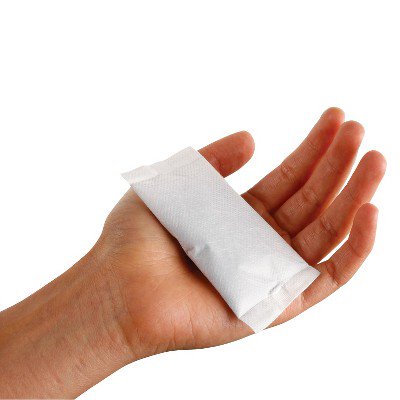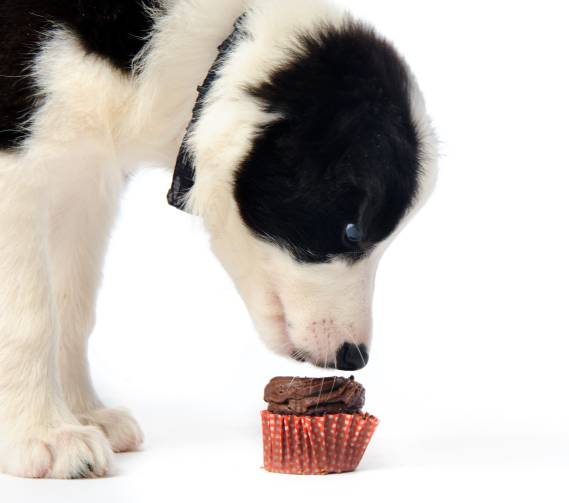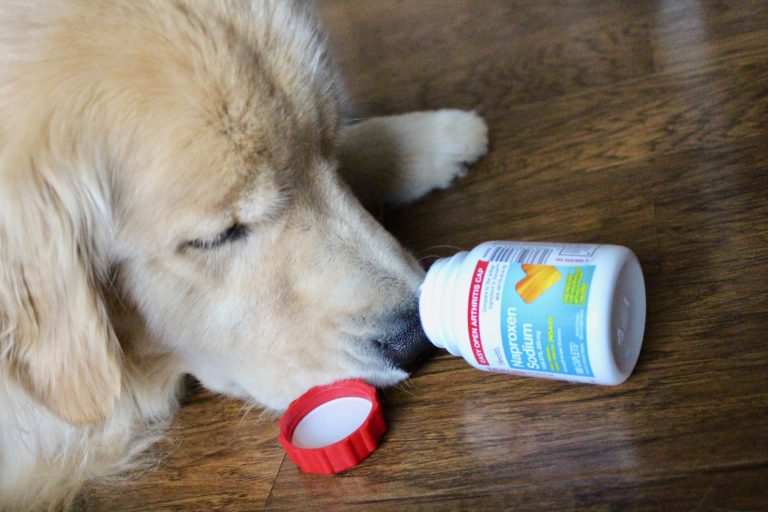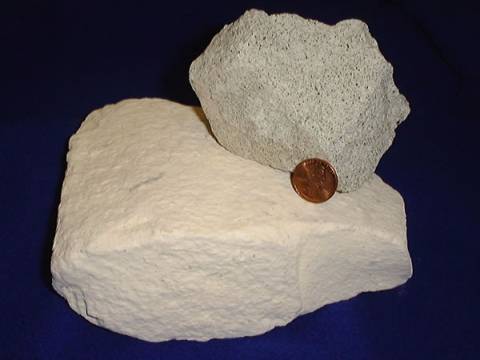
Connect with a verified veterinarian in minutes. Licensed vets are available 24/7 to answer your questions. No need to worry about your furry family member.
Did you see your dog eat a hand warmer? Did you come home and find part of a hand warmer was missing? Then you’ve come to the right place!
We’ve put together some information on this topic to help you determine if your dog needs to see the vet.
What is a Hand warmer?
Hand warmers are little single-use packets that go into mittens, gloves, or even boots when it gets freezing outside. They usually last from 4-8 hours, working hard to keep your hands and feet warm. But how do they work?
Inside each hand warmer is a packet that contains mostly iron. The iron has been pounded down into a powder. When the powder is exposed to oxygen, it oxidizes, which releases that wonderfully warm heat that keeps us warm.
The hand warmer packets contain some other ingredients in addition to the iron powder. The function of these extra ingredients is usually to keep the iron powder dry until it’s used.
Unused hand warmers are generally the most harmful as they could cause iron poisoning (toxicity) if your pet eats them. They could also cause an intestinal blockage.
Used hand warmers still pose a risk to your pet as they could also cause an intestinal blockage if eaten by your fur baby.
This means that it is extremely important to contact your veterinarian for individual advice for your pet if they have any access to hand warmers, whether they have been used or unused.
Symptoms of Iron Toxicity in Dogs
You may notice these symptoms if your dog has ingested a hand warmer packet:
- Vomiting
- Diarrhea (may contain blood)
- Abdominal pain
- Arrhythmia
- Rapid heart rate
- Panting
- Shock
- Lethargy
- Tremors
- Nausea
If your dog shows these symptoms, then it’s time to call the vet immediately. This could be a medical emergency.

Review symptoms, medications & behavior to keep your pets healthy with a Vet Online in just minutes.
Ask a Vet Live NowTreatment of Iron Toxicity in Dogs
When you reach the vet’s clinic, they will try to treat your fur baby as soon as possible. The vet will usually recommend a blood test to see how much excess iron your pet has in his system from eating the hand warmer.
When it comes to treatment, the goal is decontamination. This may include the veterinarian inducing vomiting, as well as possibly also gastric lavage. It is never recommended to induce vomiting at home, as the risks of your pet choking are very high. Your vet may also recommend IV fluids (a drip) for your canine companion to help to rehydrate them and to allow them to give medications to help treat your pet.
If your dog’s blood test shows he has a lower level of iron toxicity, your veterinarian may recommend using chelation therapy to help remove the excess iron. Your vet will discuss the best treatment steps for your dog’s individual case.
Your dog’s recovery depends on the level of toxicity (mild, moderate, severe) and on how soon they receive treatment. Iron toxicity can be a very serious condition. For this reason, it is important to seek medical advice from your vet as soon as possible.
Connect with a verified veterinarian in minutes. Licensed vets are available 24/7 to answer your questions. No need to worry about your furry family member.

Evie Moloney, RCVS
This article has been reviewed and approved by an independent Veterinarian: Evie is a vet surgeon who graduated from the University College Dublin, which is the only university offering the veterinary medicine degree in Ireland. She really enjoys surgery and has also worked as an emergency and critical care vet. She is passionate about sharing education about preventative health care for pets, especially the importance of regular dog and cat teeth brushing at home. She also enjoys helping owners find practical solutions for keeping pets as comfortable as possible while living with conditions such as arthritis. When not working, she enjoys hiking and swimming.
Review symptoms, medications & behavior to keep your pets healthy with a Vet Online in just minutes.
Ask a Vet Live Now





